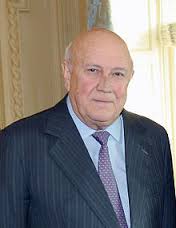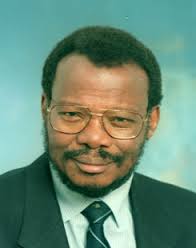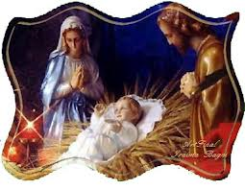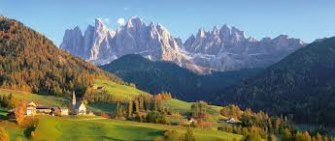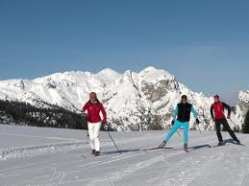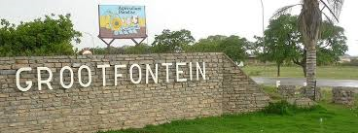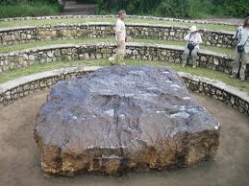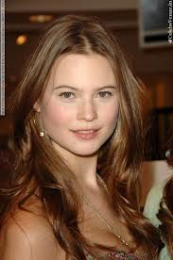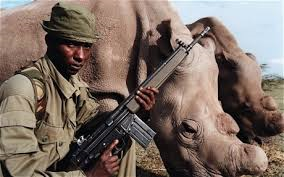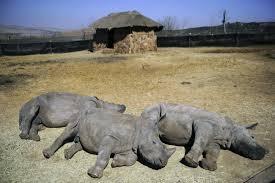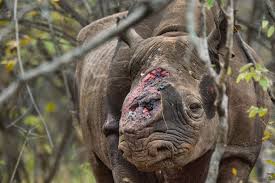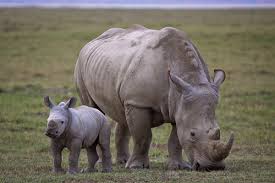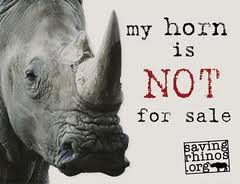Frederik de Klerk is one of the most well know Afrikaners in the world. For various reasons, for winning the Nobel Piece prize in 1994 with Nelson mandela, for being the last presidente of South Africa in the apartheid era.
Frederik Willem de Klerk was born in Joanesburg in 1936, his family was deeply involved in politics, he was son of Jan de Klerk(secretary of the National Party in Transvaal and later in 1975 ínterim State President of South Africa), his aunt was married to J.G Strydom(6th Prime Minister of South Africa), his great-grandfather was Senator Johannes Cornelis “Jan” van Rooy and his brother Willem was one of the founders of the Democratic Party.
Before becoming Prime Minister he had numerous positions in government of B.J Voerster and P.W Botha.
Not to speak of the biography of FW De Klerk we are making these post but to speak of what became the last white president of South Africa most famous and recognized-Reforms to the end of apartheid.
First of all, we must say that we don’t oppose to the end of apartheid, the South African regime was a regime in decadence and more and more isolated. It was inevitable the regime falls was preferable that were in negotiation than an armed revolt that could even be supported by liberal whites, however, we believe that F.W De Klerk could have defended more the interests of his people, the boer-afrikaners and he could foreseen that the result of that transition.
FW De klerk came to power with the objective of iniciate negociations with the ANC and other black parties to end apartheid and this is visible in his first speech after being elected president in which he speaks in a non racist South Africa.
The period of negotiation between the national party and the other black movements was a period of great political instability in South Africa with a series of bombings as well as the assassination of black leader Chris Hani, this period was marked by the attacks on farmers and that become more and more frequent and bloody.
It Was created-CODESA Convention for a Democratic South Africa which was attended by 90 organizations and parties like the south african government, the National Party, Democratic Party, African National Congress, the Freedom Party Inkhata the South African Comunnist party, African south indian congress, the Coloured Labour Party, the Indian National Solidarity Party and People’s Party, and the leaders of the nominally independent bantustans of Transkei, Ciskei, Bophuthatswana and sale and other organizations. The conservative Party and the pan africanist congress did not participate did not participate in CODESA and the Mangosuthu Buthelezi of the inkhata freedom party did not participate personally in the negociations because of his demands on the independent zulu homeland.
In June 1992 the CODESA negotiations were disturbed by the Boipatong massacre in which 46 people were killed mostly by Zulus. This gave a great advantage in the negotiations to the ANC that cowardly accused the South African government of complicity in the attacks of Boipatong with the objective of not divide blacks zulus and xhosa and keeping in check the South African government facilitating the acceptance of their demands. ANC eventually returned to negotiations, strengthened in the negotiations that have become virtually bilateral between the ANC and the government which resulted in almost complete acceptance of the requirements of the ANC.
The Multiparty Negotiating Forum was held on April 1 in 1993 and we can say it was a scam! The government and the ANC had already negotiated almost everything and want to legitimize what they had done and want that other movements accept that uncritically. The MNF was an event that brought great hope in some factions of the country, they hoped to have something to say about the future South Africa. When inkhata Freedom party realized that this event was a fake, Mangosuthu Buthelezi left the MNF and formed a real platform for consensus where all those people who wanted self-determination for his would be represented, was the Concerned South Africans Group (COSAG, later renamed the “Freedom Alliance”).
Let’s be honest unionism of the National Party and the ANC failed, FW de Klerk failed and this is easily verifiable by the standard of living of the white and black population, the crime that continues to increase, much due to racial tensions and the collapse of the economy.

